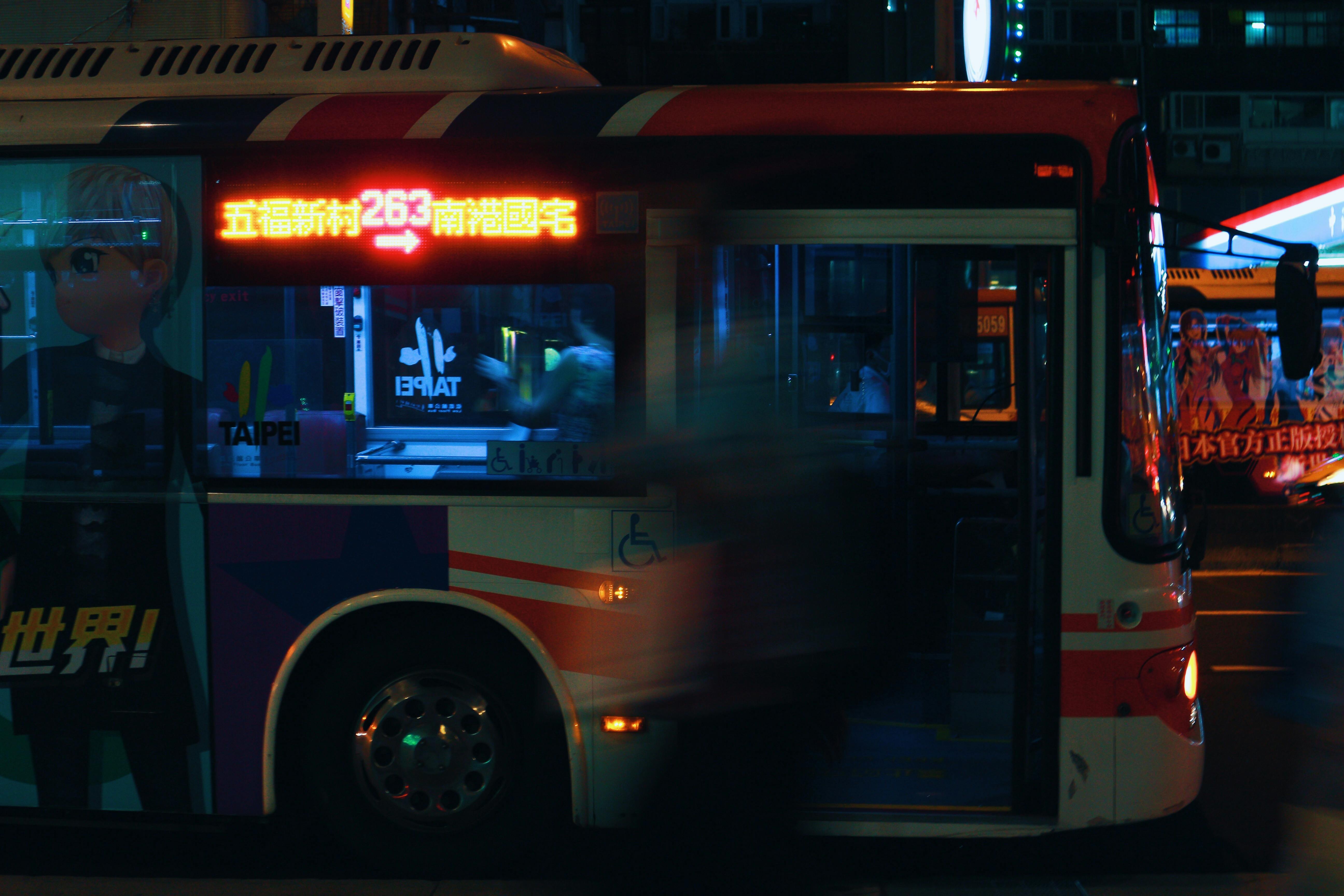“Beautiful, clear-eyed writing about difficult mental states, with a well-executed turn in its argument towards the ending.” – Will Harris, Forward Prize-winning poet and Orwell Youth Prize judge 2023
Scroll to the end of the page for an interview between Ruxue and 2020 winner, Hugh Ludford.

Midnight – pitch black.
It was the light, drizzling rain that accompanied me yet again. This was no abnormal night, simply one of the hundreds where I lay sleepless. I was exhausted: tired of life, tired of myself, tired of fighting against this nightmare-like disorder. Why could I not just be… ‘normal’? For the billionth time, demoniacal thoughts of ending things right here and now cast upon me, but deep down, the wisps of hope within begged for me not to succumb.
As the clock on my empty bedroom wall slowly ticked on, rays of sunshine spilled in through the window panes – filling this dark abyss with a tinge of warmth. I feebly raised a hand towards that ball of sunshine in the distance; light danced between my fingers, as though wanting me to chase after them. Resting those thoughts aside, I hauled myself out of bed and progressed through my ritualistic morning routine. Downstairs, I was greeted with the usual ‘morning’ from my parents, yet I could not muster enough strength to reply – only a faint nod. Why was I such a burden? Depression… a monster that tortures you from the inside out. It blinded me into believing no one truly loved me. Whilst I am awake, the world is a living nightmare. So all I want to do is sleep, only to block out these pessimistic thoughts. Nonetheless, the monster would merely continue to haunt me in my dreams. I could not get away.
On the way to school, the bus air was damp and humid. The fifteen minute journey to and from school was – somewhat – alleviating. Although it was mostly other fifteen year olds (like me) talking about going to parties, or the most recent ‘tea’, I was able to find comfort in the passing scenery: emerald trees and jade coloured grass, vibrant flowers and neatly trimmed hedges. Nature supplied me with power – it made me believe I could walk out of this darkness. Maybe, just maybe, I am enough.
The bus paused with a sudden jolt, ripping me back from the beautiful nightmare I was submerged in. Students filed out one by one – occasionally – bumping against each other. School: the part of life I despised. It was not the teachers, students, nor the atmosphere; it was – quite simply – the ‘happy’ mask I had to force myself into everyday Whenever my mask began to crack, the coldest “brighten up” from my fellow classmates would activate the most awful thoughts; as though I had not hidden myself well enough, like I was forcing them to sympathise with me. Being consistently ‘happy’ had drained my energy inside and out, I just wanted to isolate myself, surely then I wouldn’t have to strain any more unrealistic smiles, to people who cannot understand.
Returning home, I dropped my light bag to one side of my empty bedroom and flopped onto bed. After a while, I drifted into unconsciousness. In my dream, I envisioned myself as a puppet, threads sprouting from my joints and above were the hands that controlled me. Every finger that the hand moved would correspond to a lifeless body part of mine. All of a sudden, the puppet character multiplied, over and over again – emotionless clones. Though having dreamt of these scenes countless times, they haunt me even now. I often wonder: how could I ever control my thoughts? If our thoughts cannot be controlled then who or what actually has power over us? Who is to stop us giving in to these impulsive ideas?
Eventually, I realised only I could heal myself. Not time, not friends, not family. Control is like a fire, your power is the wood to start it and, collectively, we make the fire burn bright.
We asked previous winners and runners up of the Orwell Youth Prize to interview the 2023 cohort about their Orwell Youth Prize writing. Below, 2020 winner, Hugh Ludford, interviews 2023 runner up, Ruxue Jia, about form, writing process and finding inspiration:
Hugh: What made you choose the form of your piece? (I like how it feels like a short story merged with some great poetic imagery)
Ruxue: I chose to write a short story because it seems more personal and moving. Due to the fact that my theme was, in a sense, darker and more serious (depression), I believed it would be better to describe it in the first person, to emphasise the heaviness of this situation, and that it is – although unfortunate – quite commonly around us.
Hugh: Do you have any writing process tips for other young people?
Ruxue: For me, it was a relatively difficult process to settle on one topic. Initially, I had multiple ideas that all seemed wonderful to write about, if that is you, I suggest you try planning and writing one paragraph for each topic. Eventually, you would realise some of the themes may not be for you, for example, it can feel difficult to continue the story, or almost boring to write about; similarly, some topics you would find a true joy in writing about, which is then what you should carry on with.
Hugh: Were there any pieces/writers who inspired you when writing your piece?
Ruxue: For the piece that I wrote, I was not inspired by any writer in particular, my inspiration was based purely on experience, research and imagination. Nonetheless, I’ve always quite liked to read all genres: sci-fi, fantasy and romance etc (not horror though!), so perhaps I have been influenced in one way or another.
Ruxue Jia is a junior runner up in The Orwell Youth Prize 2023